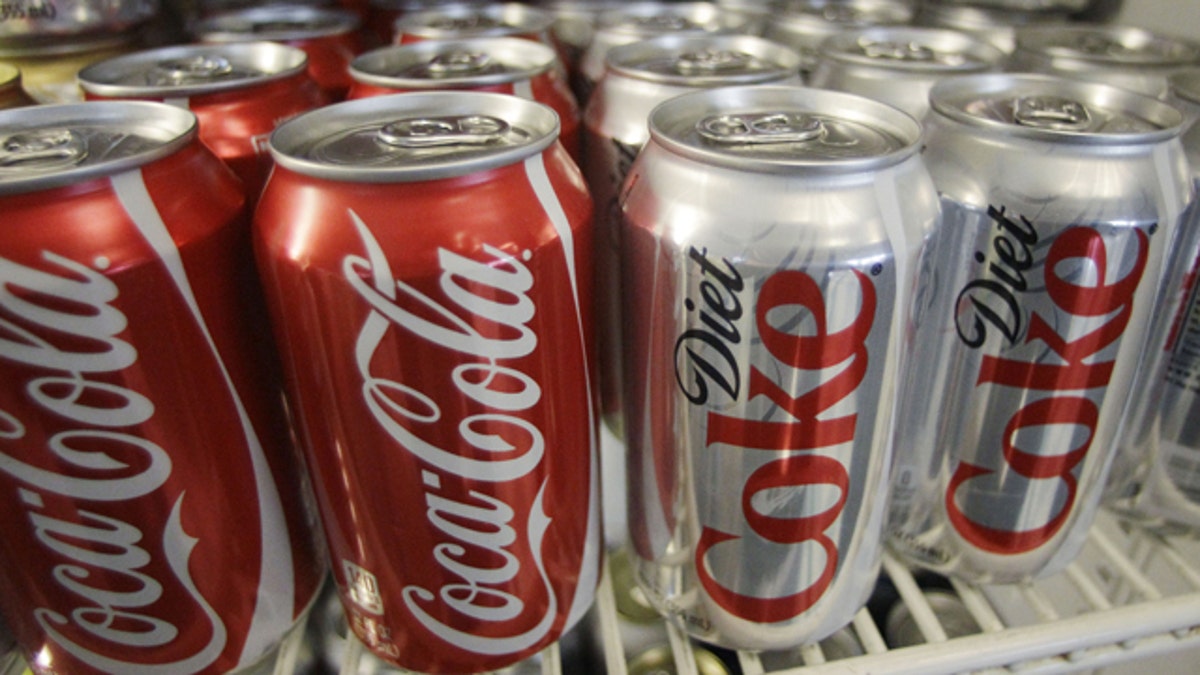
(AP)
The beverage industry now has the support of the New York chapter of the NAACP against New York City mayor Michael Bloomberg’s ban on super-sized drinks.
The civil rights group, along with the Hispanic Federation, recently filed an amicus brief in support of a lawsuit filed by the American Beverage Assn. and other trade groups fighting the ban. The brief contends that Bloomberg's move will hurt minority businesses.
University of Virginia history professor Grace Elizabeth Hale points out in a New York Times op-ed that racism and soft drinks have been intertwined since the beginning.
You've likely heard that Coca-Cola used to contain cocaine. What you may not have known is the one of the racially-charged reasons the formula was altered. According to Hale, middle-class whites around the turn of the 20th century were becoming alarmed by reports in Southern newspapers that “negro cocaine fiends” were raping white women and pointed to the drink as a driving force behind the jump in cocaine usage. As it so happens, Coke’s move from soda fountains, which were fashionable hangouts for the white middle-class, to glass bottles in 1899, which meant that anyone with a nickel could buy the soft drink.
“By 1903, (Coca-Cola’s Asa G.) Candler had bowed to white fears (and a wave of anti-narcotics legislation), removing the cocaine and adding more sugar and caffeine,” Hale writes in the op-ed.
During the 1920s and ‘30s, Coca-Cola’s promotional materials all but ignored the African-American market, Hale says. In 1940, Pepsi took advantage of its competitor’s missed market share by creating a “negro markets” department comprised of 12 African-American men.
“By the late 1940s, black sales representatives worked the Southern Black Belt and Northern black urban areas, black fashion models appeared in Pepsi ads in black publications, and special point-of-purchase displays appeared in stores patronized by African-Americans,” Hale writes.
It didn't take long for Coke to be viewed as a "white" drink and Pepsi to be thought of as a “black” drink. Over the years the two companies worked to counter these associations, but the legacy remains. Hale says that was the part of Coke's strategy -- to support African-American organizations like the NAACP.
